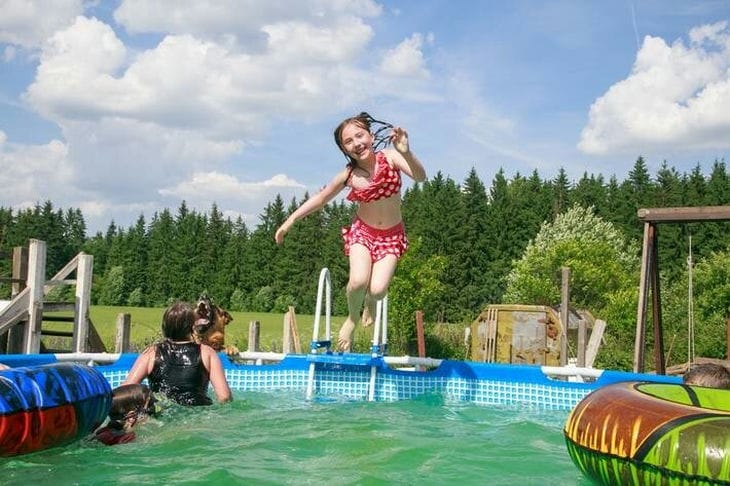Before we move on, here's the main thing parents need to know about swimming lessons: all children should attend them.
The fact that a child can swim, of course, does not mean that he cannot drown.
But this skill will allow him to surface, stay afloat, or swim to a place where he can stand or grab onto something and thereby save the child's life.

The pool or beach where a child learns to swim must be safe.
The parent must ensure this for themselves – make sure the area is clean and tidy, and that the child cannot get into areas that are too deep for them. Rescuers, rescue equipment and first aid equipment must be present.
Teachers must be trained
This seems like an obvious requirement, but even this is not always followed. Make sure you are placing your child in the hands of a qualified mentor.
The teacher to child ratio should be appropriate
Of course, the fewer children per teacher, the better – in this case, the teacher will be able to keep all the children at arm's length and observe the entire group.
There should be a curriculum and division of children according to their abilities.
Typically, swimming lessons begin with getting used to the water and continue with learning different strokes. The coach should have a clear system for assessing children, as well as a plan according to which he is going to develop their skills.
Swimming "accessories" should be used wisely
Using inflatable rings and other floating "devices" can be helpful in keeping children safe at the beginning and helping them learn proper body position and paddling technique.
However, over time, their importance should be reduced to avoid addiction.
Earlier we talked about how much time a child can spend in front of a gadget or TV screen.
